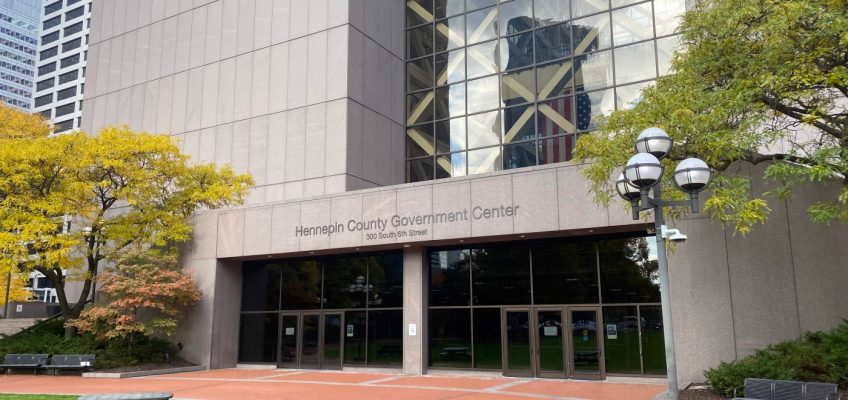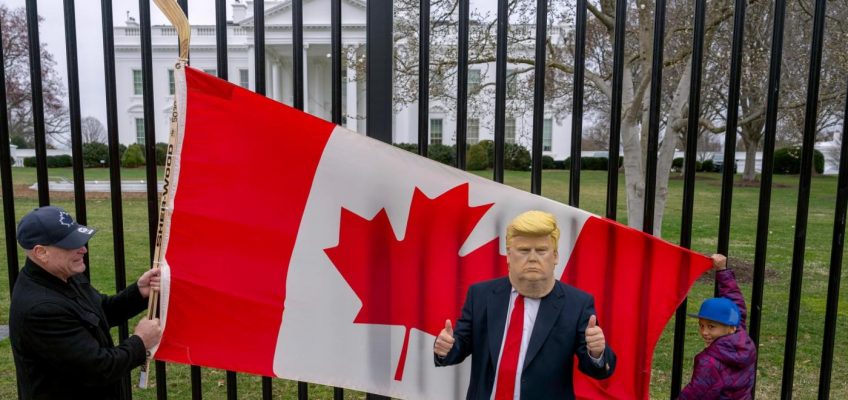A Forest Lake man with an extensive criminal history has been sentenced to 12½ years in prison for duping a dozen local businesses out of more than $232,000 in motorsports and construction equipment and swindling nearly $850,000 from homeowners for remodeling projects that he either did not start or finish.
Richard Patrick Wooton, 55, pleaded guilty in February in Hennepin County District Court to two counts of theft by swindle in connection with two cases. A third theft by swindle case out of Stearns County was dismissed as part of a plea agreement.
Richard Patrick Wooton (Courtesy of the Minnesota Department of Corrections)
Wooton’s sentence, handed down Friday, was an upward departure from state sentencing guidelines based on him being defined as a “career offender” under state law. He had amassed 37 prior theft-related criminal convictions in Minnesota dating back to 1989, according to court records.
The judge ordered Wooton to pay $228,008.52 in restitution, which was left open for 30 days. He was given credit for 426 days already served in custody.
Wooton has been incarcerated since November 2023 after receiving a nearly two-year prison sentence on a theft by swindle conviction in Wright County for conning a Clearwater man into giving him $10,000 in 2019 for the purchase of a motorhome that didn’t exist.
Trail of deception
According to a June 2022 criminal complaint, Wooton conducted business on behalf of Crossroads Remodeling LLC, soliciting remodeling contracts from homeowners in Hennepin, Sherburne and Wright counties. His bio on Crossroads’ Facebook page stated that “(h)e brings his Christian values into his work” and that he was the owner of the business.
In 2017, the actual owners of Crossroads Remodeling were granted a contractor’s license by the Minnesota Department of Labor and Industry under the condition that Wooton, who was already in the crosshairs of the agency because of his criminal history, did not hold a “position of fiduciary, managerial, ownership or supervisory responsibility” with the business, the complaint says.
Wooton often induced homeowners to pay most of the contracts before any work was done by giving them a 5% or 10% discount. He told some homeowners he was a veteran and was donating part of the money to a veterans’ cause, which he did not do.
The complaint says Wooton stole $849,734 from 35 homeowners who paid him upfront for remodeling projects — everything from decks to full-blown additions — that either were not started or completed between July 2017 and July 2018.
The investigation also revealed he had failed to pay $481,203.62 owed to subcontractors and businesses that supplied materials to him.
When Wooton’s victims would reach him, he often lied, according to prosecutors. His lies included that he was in a fire and suffered burns; his aunt was stricken with cancer; his stepson died; a subcontractor’s brother died; other customers were dying of cancer; and one of the company’s owners stole all the money.
Checks bounced
A January 2024 complaint says Wooton carried out another swindling spree from May 25, 2023 through Oct. 11 of that year. A police investigation showed he was behind 13 fraudulent purchases of motor sports and construction equipment — totaling $232,204.19 — in Anoka, Chisago, Dakota, Hennepin, Kandiyohi, Ramsey, Scott and Washington counties.
Wooton paid for all the goods with checks from three Bank of America accounts, two that were in his name and the other in his girlfriend’s name. “At no time did (Wooton) have sufficient funds to cover these checks,” the complaint says.
According to a complaint, the thefts included:
• $48,500 on May 25 from Tri-State Bobcat in Burnsville for a skid steer and a trailer, which Wooton then sold the same day to a business in Faribault.
• $5,429 on June 30 from Ecofun Motorsports in Columbus for three Escape scooters, which were later recovered during the execution of a search warrant at Wooton’s residence in Balsam Lake, Wis.
• $22,133 on Aug. 8 from Tousley Motorsports in Vadnais Heights for two Honda dirt bikes and $13,352 four days later for a Seadoo boat.
• $5,435 on Sept. 15 from Forest Lake Trailer for a trailer, which was recovered in Wisconsin.
• $8,830 on Sept. 20 from Frankies Live Bait and Marine in Chisago City for an ATV.
• $18,250 on Oct. 3 from Hugo Equipment Company in Hugo for a Toro Zero Turn lawn mower.
In nearly all the cases, the businesses reached Wooton after the checks bounced and he told them he’d either send another check or come in and pay with a credit card. He didn’t do either.
Investigators learned Wooton sold some of the goods on Facebook Marketplace. Other items were recovered at Wisconsin properties connected to his girlfriend and her family, the complaint says.
Barbara McQuade: Nationwide injunctions are a problem. Ending them isn’t the answer
‘Your daughter’s life is more than any jail time,’ judge tells St. Paul woman whose 1-year-old died after ingesting fentanyl
St. Paul man sentenced for killing girlfriend’s dog after it took 4-year-old son’s hot dog
Final gunman sentenced in 2022 gang slaying of man on St. Paul’s West Side
Charges: Drunken driver fatally struck woman, 72, in White Bear Township




